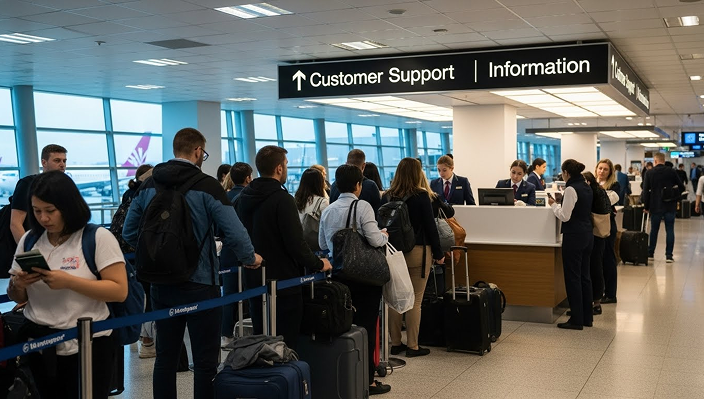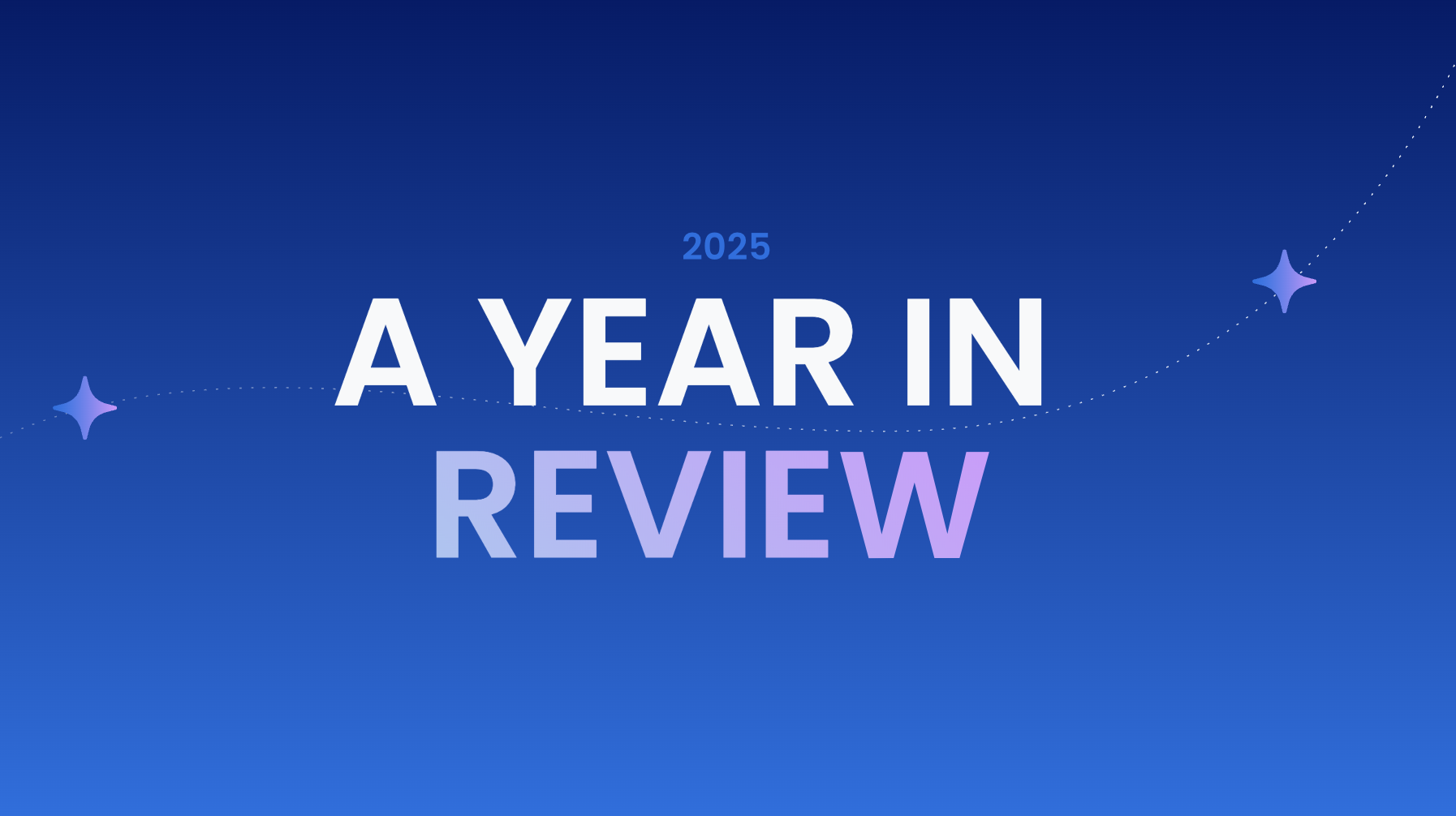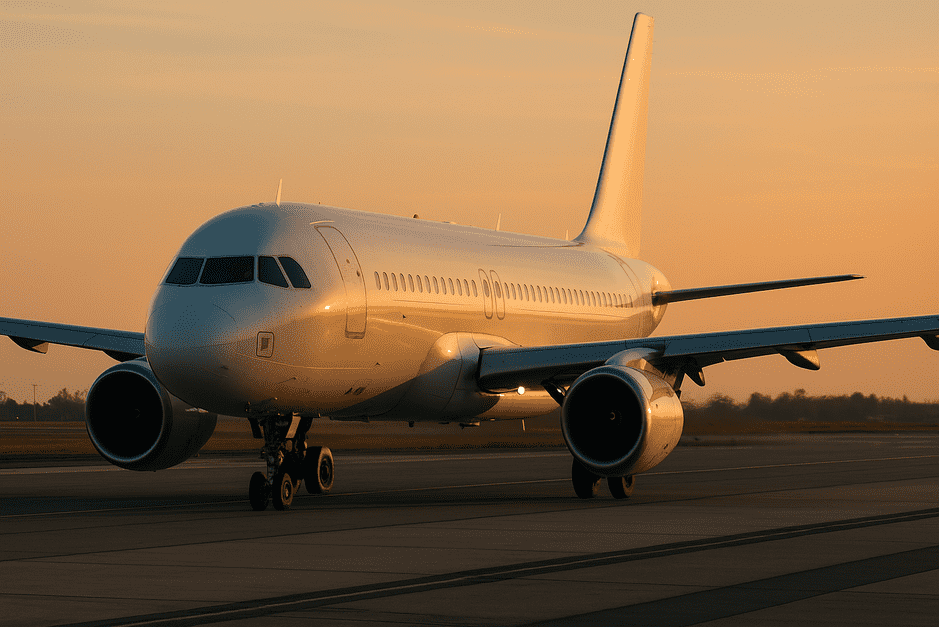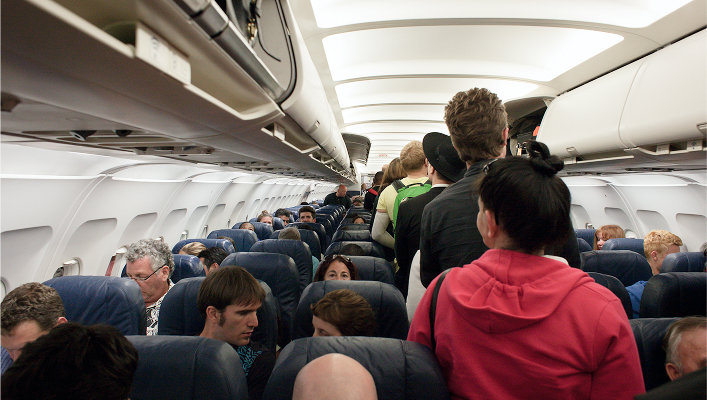In recent years, the airline industry has been pushing for a major transformation in the way fares are sold and distributed.
This transformation means billions of dollars of revenue is up for grabs.
(Grab your popcorn, because it's going to be a showdown).
If you are new to travel, the industry runs on a technology that was invented in the early 70’s. In order to keep up with modern times, there has been a push to modernize the underlying technology.
You can think of the transition like moving from using a corded landline to make a phone call to FaceTiming your grandmother in an iPhone 14 in 4K.
There are many players who power the airline industry. For the purpose of this blog article, we are going to focus on two groups of opposing sides.
The airlines versus the GDS (Sabre & Amadeus).
The shift from traditional EDIFACT technology to the newer NDC (New Distribution Capability) has created a stir in the travel world, with far-reaching implications for airlines, travel agencies, and technology providers.
In this blog post, we will explore the background of this brewing distribution war, examine the key players, and assess the potential winners and losers in this rapidly evolving landscape.
EDIFACT and the Role of Sabre and Amadeus in the Travel World
EDIFACT (Electronic Data Interchange for Administration, Commerce, and Transport) is a standardized message format used for communication between businesses across multiple industries, including travel.
For decades, EDIFACT has been the backbone of the Global Distribution Systems (GDS), which connects airlines, hotels, car rental companies, and other travel suppliers with travel agencies and end consumers.
Sabre and Amadeus are two of the leading GDS providers in the travel industry, responsible for aggregating and distributing content from airlines and other suppliers to travel agencies and other resellers.
By controlling the flow of information and booking capabilities, they have held considerable power and influence over fare distribution and sales.
This is all a fight over $3-$12 dollars
While the specific fees charged by GDS providers like Sabre and Amadeus may vary based on multiple factors, including the airline, booking volume, and negotiated agreements, we can provide some general estimates on their earnings when a traveler books through an EDIFACT-powered channel like Expedia or Orbitz:
On average, GDS providers like Sabre and Amadeus may charge airlines between $3 and $12 per flight segment booked through their systems.
This means that if a traveler books a round-trip flight consisting of two segments, the GDS provider might earn anywhere from $6 to $24 for that particular booking.
It's important to note that these fees are paid by the airlines, not the end consumers.
These fees can add up quickly when considering the millions of flight segments booked through GDS providers each year. For instance, in 2019, Amadeus reported over $631 million bookings made through its GDS, translating into significant revenue for the company.
Additionally, GDS providers may also charge other travel suppliers, such as hotels and car rental companies, for the distribution of their content through the system. These fees may vary based on the supplier, booking volume, and negotiated contracts.
In summary, while the exact amounts can vary, Sabre and Amadeus earn significant revenue from the fees they charge airlines and other travel suppliers for bookings made through their EDIFACT-powered channels.
This is a key reason why the shift towards NDC, which could reduce or bypass these fees, has the potential to significantly impact their business models.
The Rise of NDC and its Appeal to Airlines
NDC (New Distribution Capability) is a travel industry-supported XML-based data transmission standard introduced by the International Air Transport Association (IATA).
NDC allows airlines to offer richer content and a more personalized shopping experience by directly connecting them with travel agencies and other distribution partners.
Airlines prefer NDC for several reasons:
- Cost savings: NDC enables airlines to bypass the fees charged by GDS providers, reducing distribution costs.
- Control over content: With NDC, airlines have greater control over their offerings, allowing them to customize and bundle products and services more effectively.
- Enhanced customer experience: NDC allows for a more tailored shopping experience, with personalized offers based on customer preferences and travel history.
Winners and Losers in the NDC Transition
The shift toward NDC has the potential to benefit and harm various stakeholders in the travel industry:
- Winners: Airlines stand to gain the most from the adoption of NDC, as they will enjoy cost savings, greater control over content, and the ability to offer personalized experiences to customers. Innovative travel agencies and technology companies that quickly adopt and leverage NDC capabilities can also benefit by staying ahead of the competition.
- Losers: GDS providers like Sabre and Amadeus may see their market share and influence diminish as airlines bypass their systems in favor of NDC.
- Up in the air: Traditional travel agencies that rely heavily on GDS and fail to adapt to the new technology may also struggle to remain competitive. Legacy online booking platforms will suffer. The newer, more resourced platforms will provide better content, lower prices, and a better shopping experience.
Conclusion
As the airline industry moves toward widespread adoption of NDC, the travel distribution landscape is set for a major shake-up. With the potential for cost savings and increased control over content, airlines are eager to embrace this new technology.
However, the shift also poses challenges for established players like Sabre and Amadeus, as well as travel agencies that are slow to adapt.
Ultimately, those who can successfully navigate this brewing distribution war will be best positioned to thrive in the new era of airline ticket sales.

.svg)
.svg)
.svg)













.png)








.png)
.png)


-min.png)
.png)
-min.png)
.png)
-min.png)
.png)
-min.png)
.png)


.jpg)


















.png)
.png)


